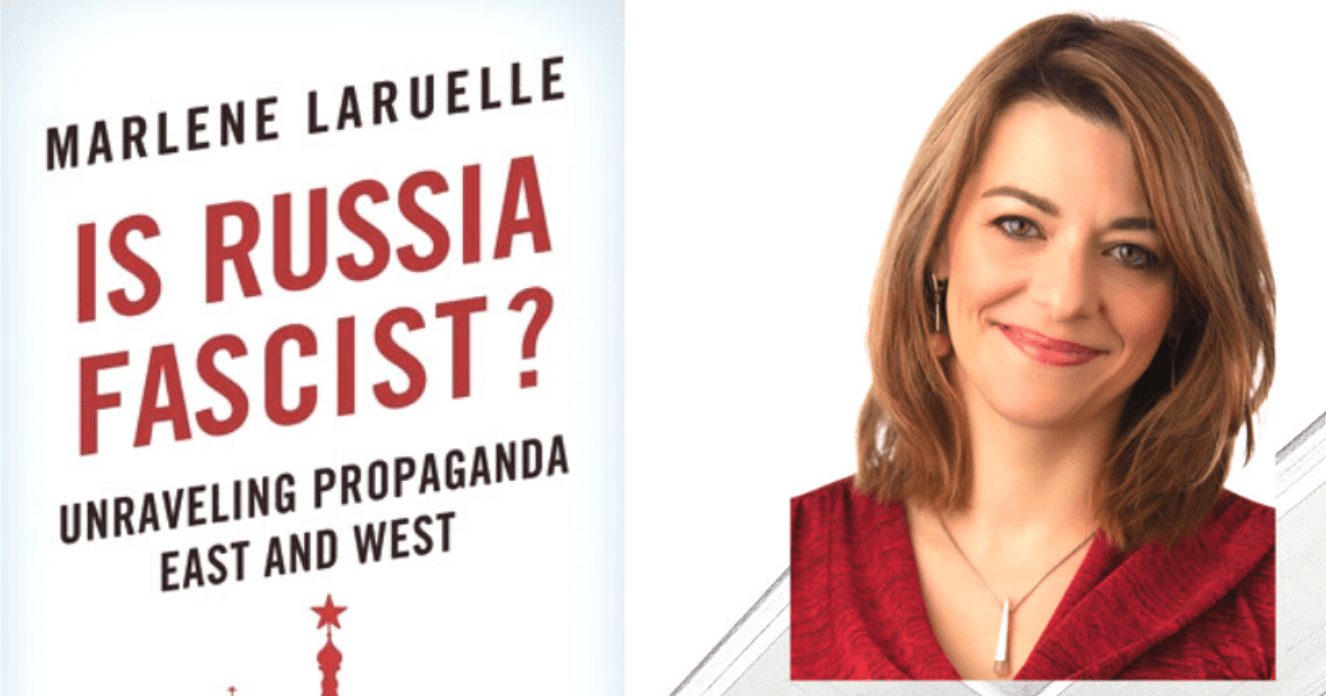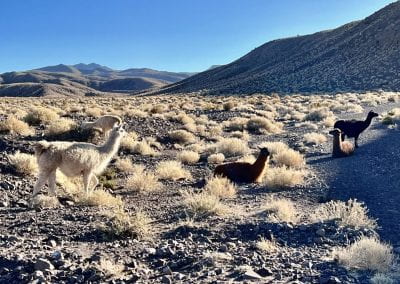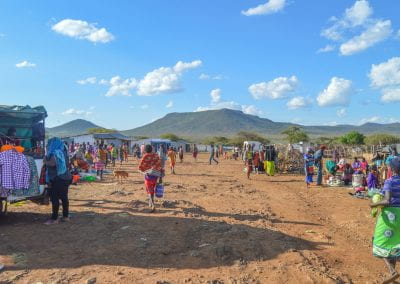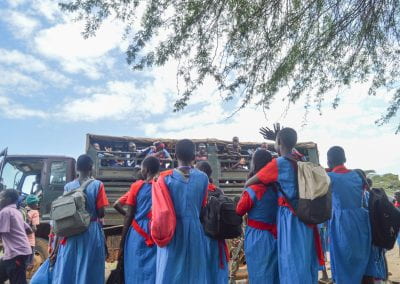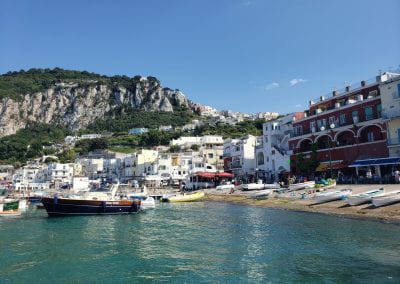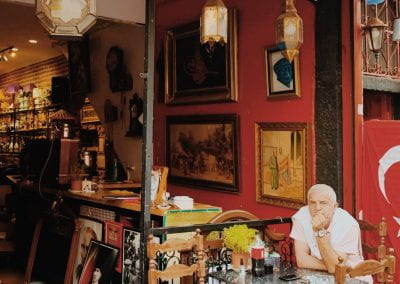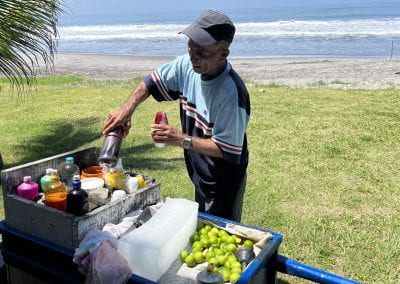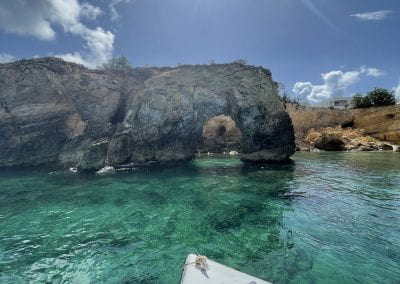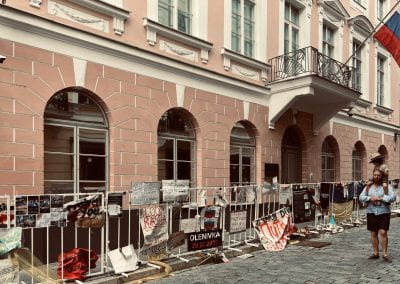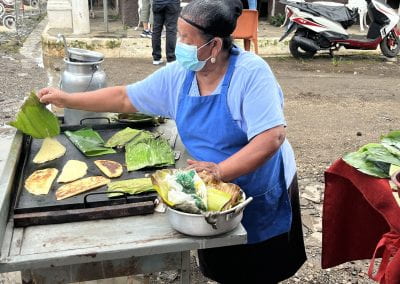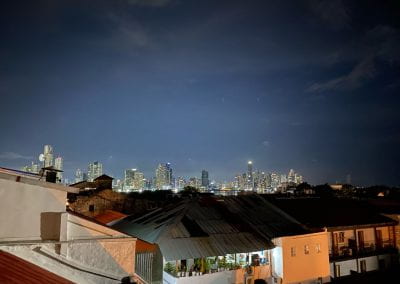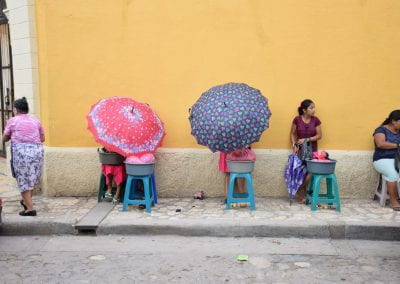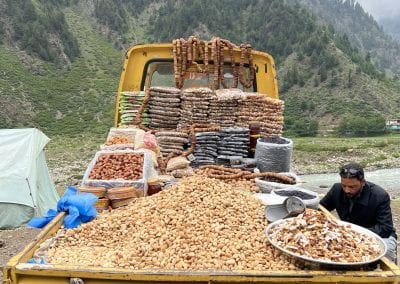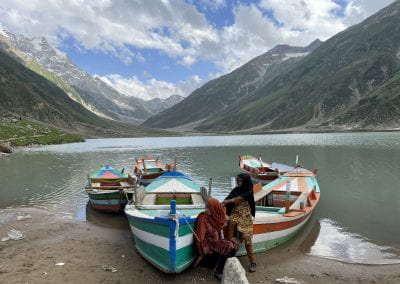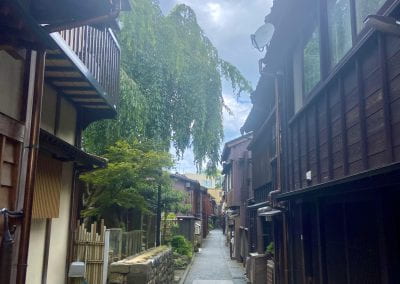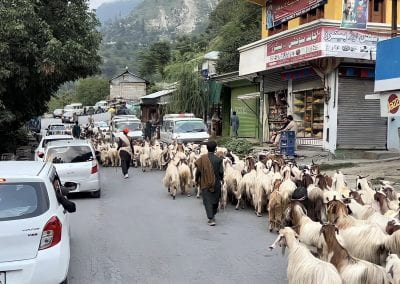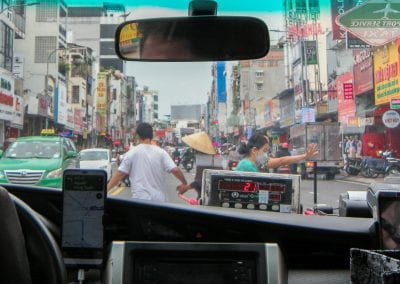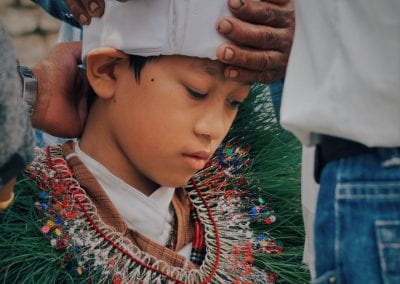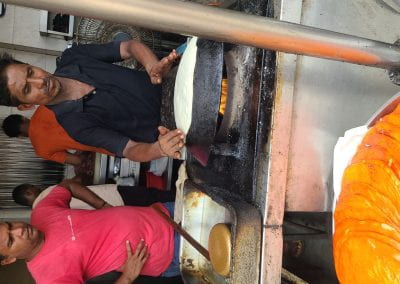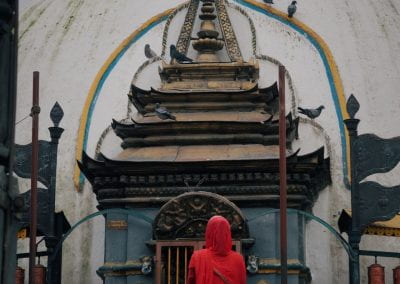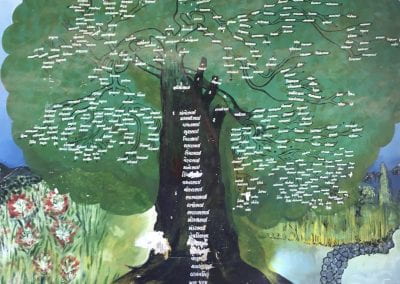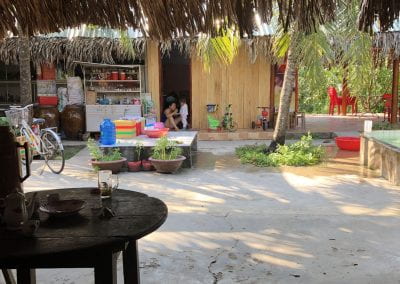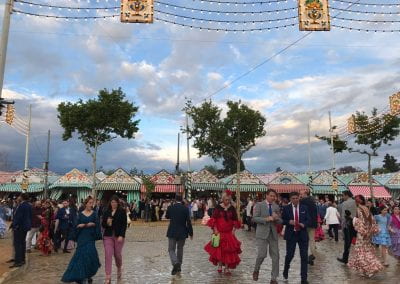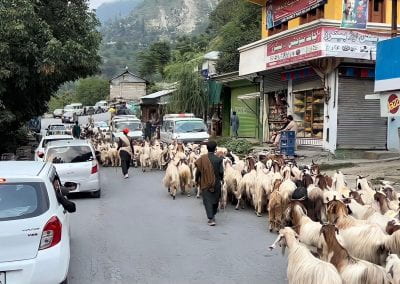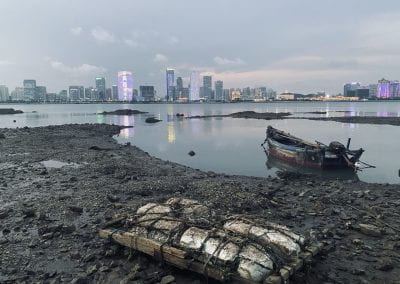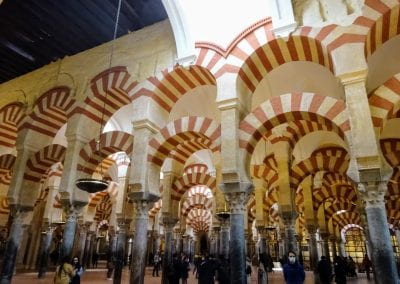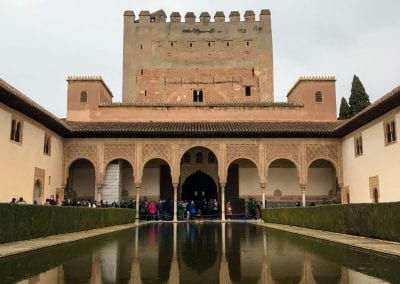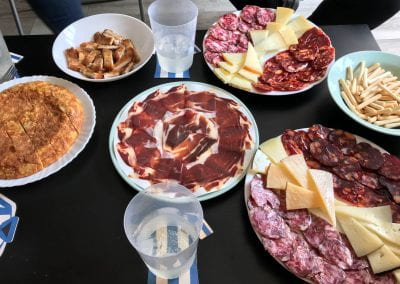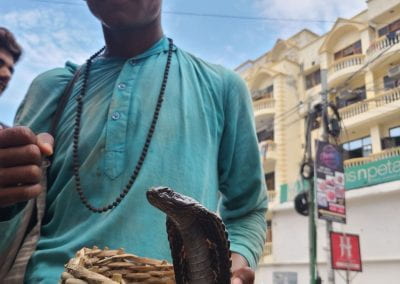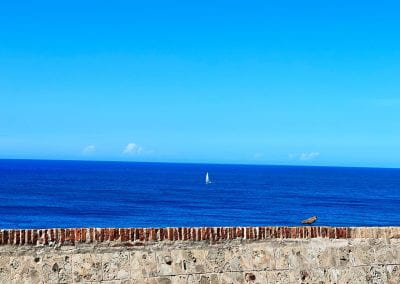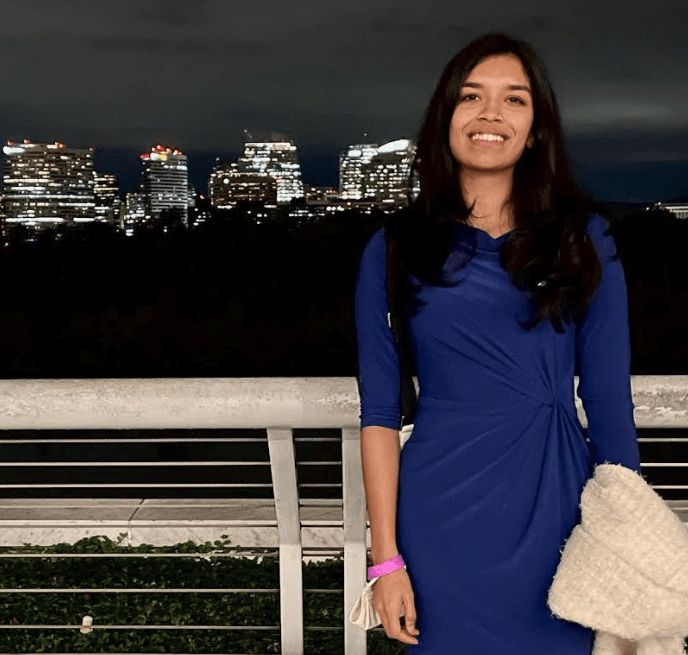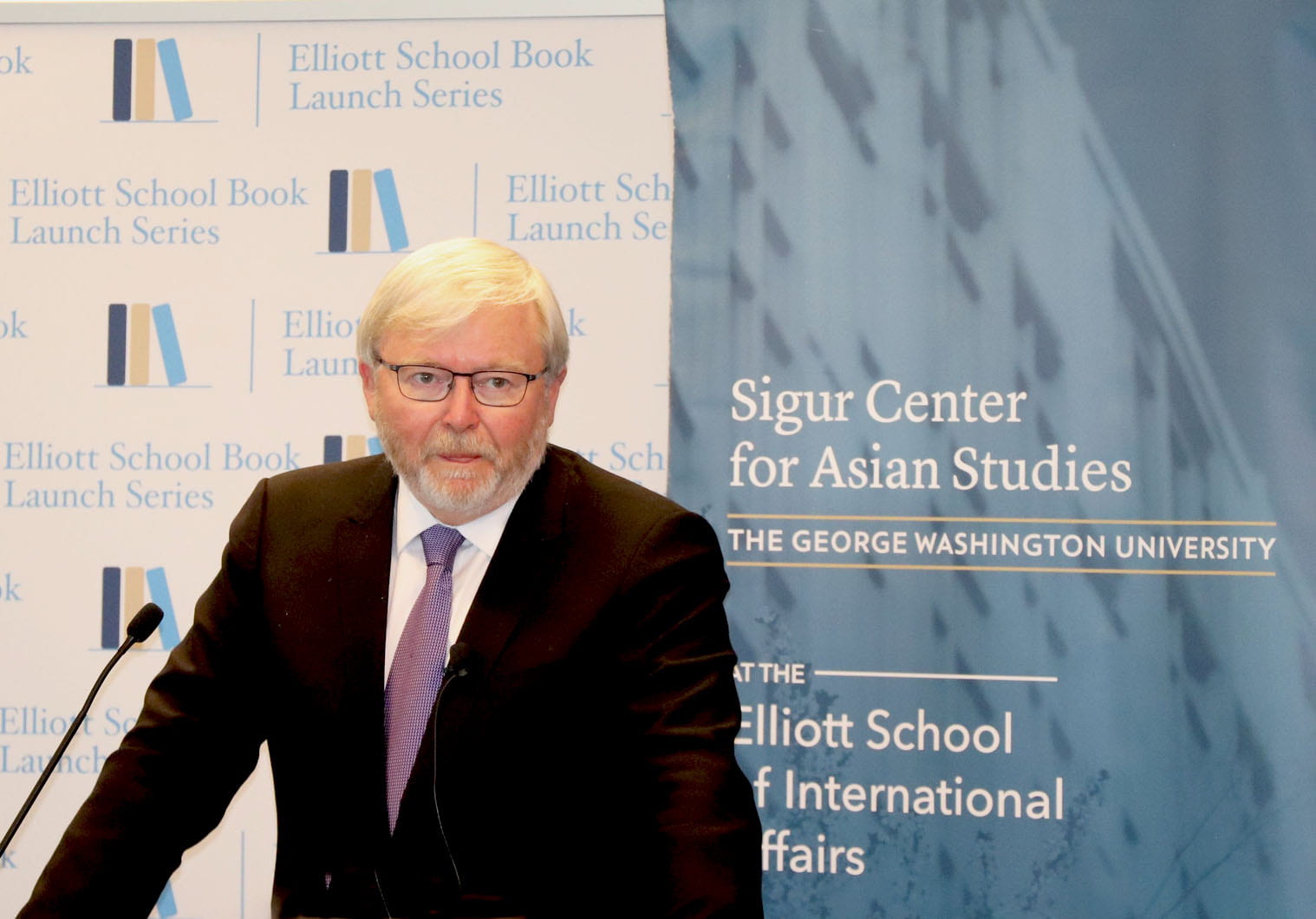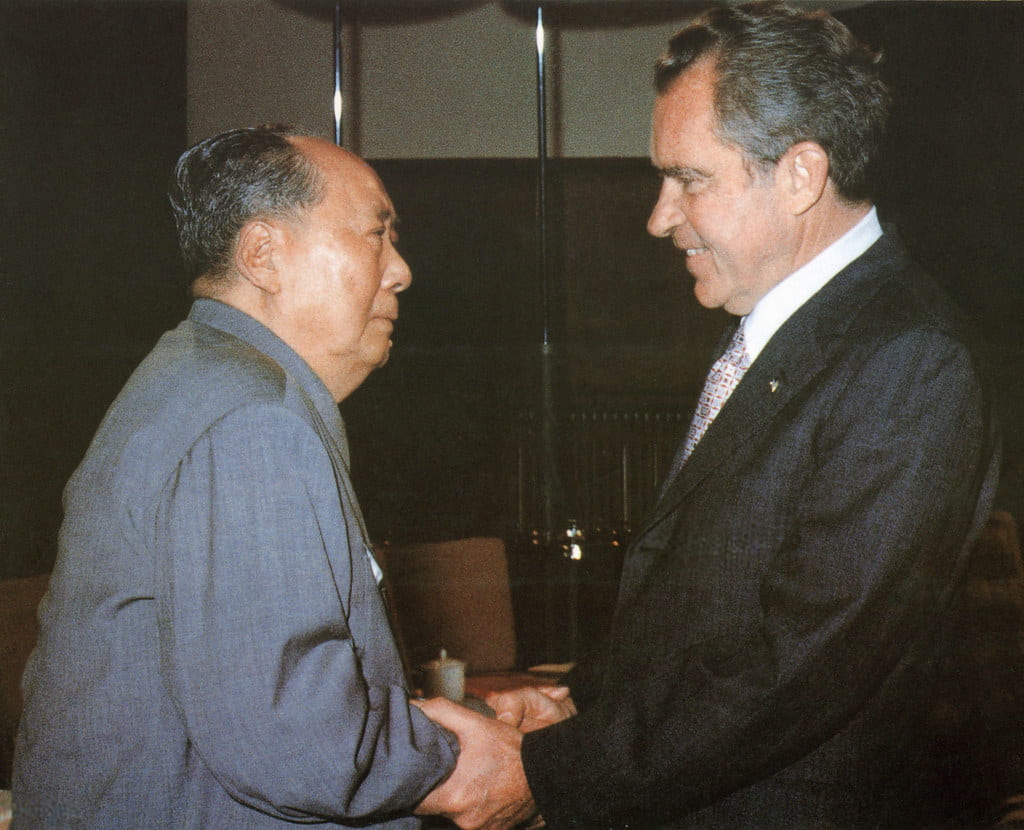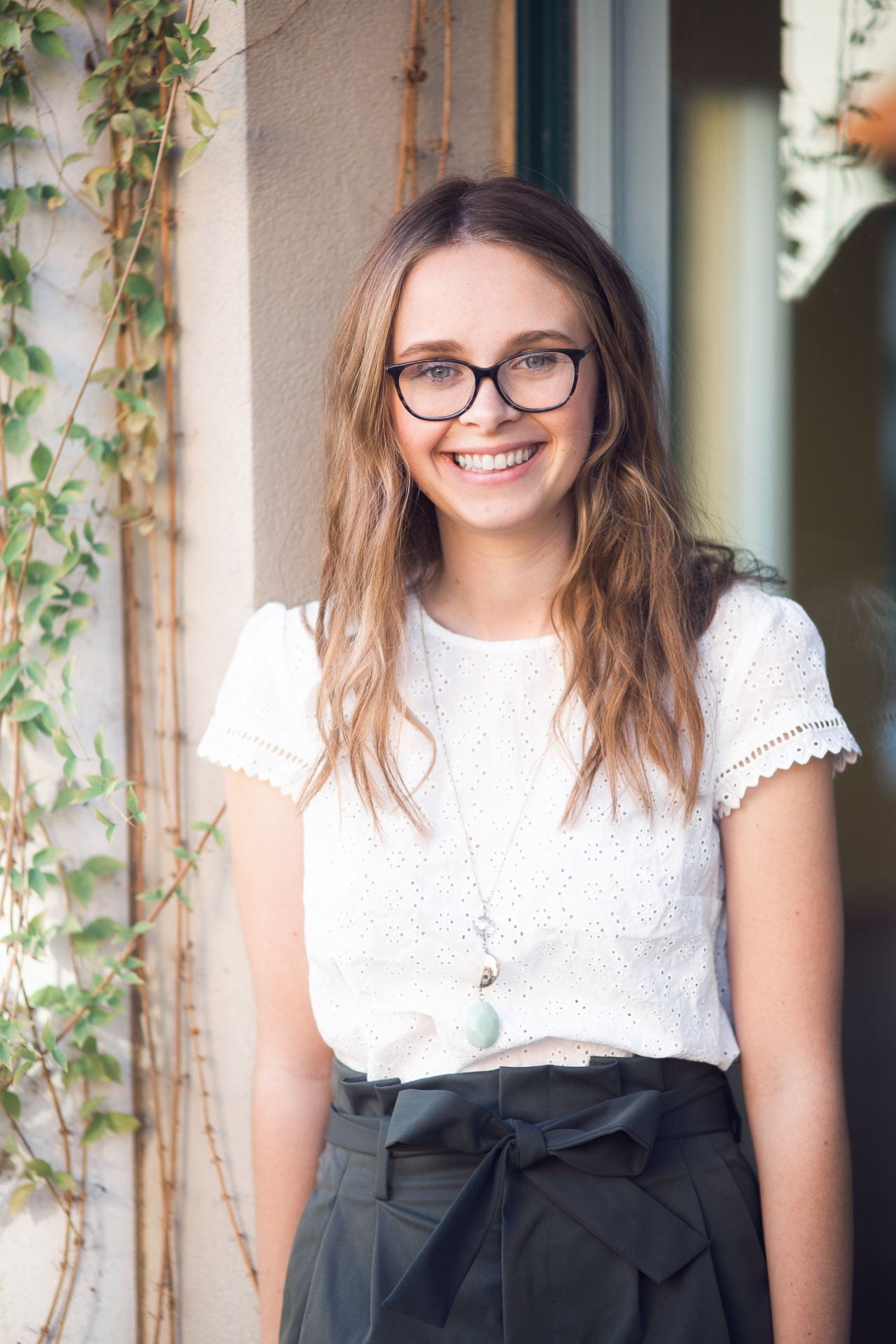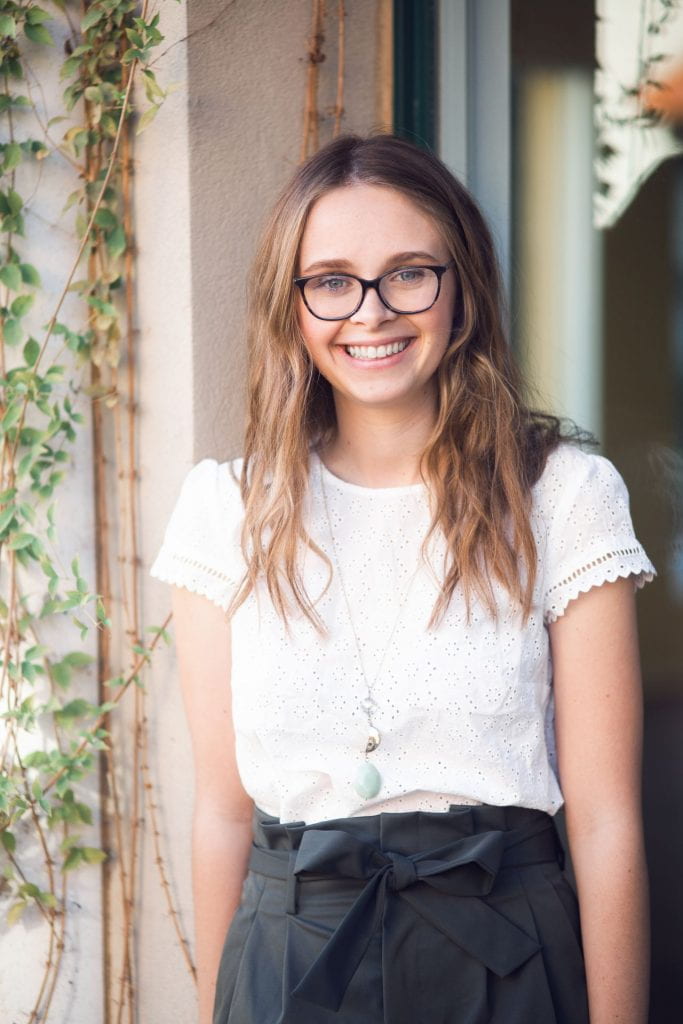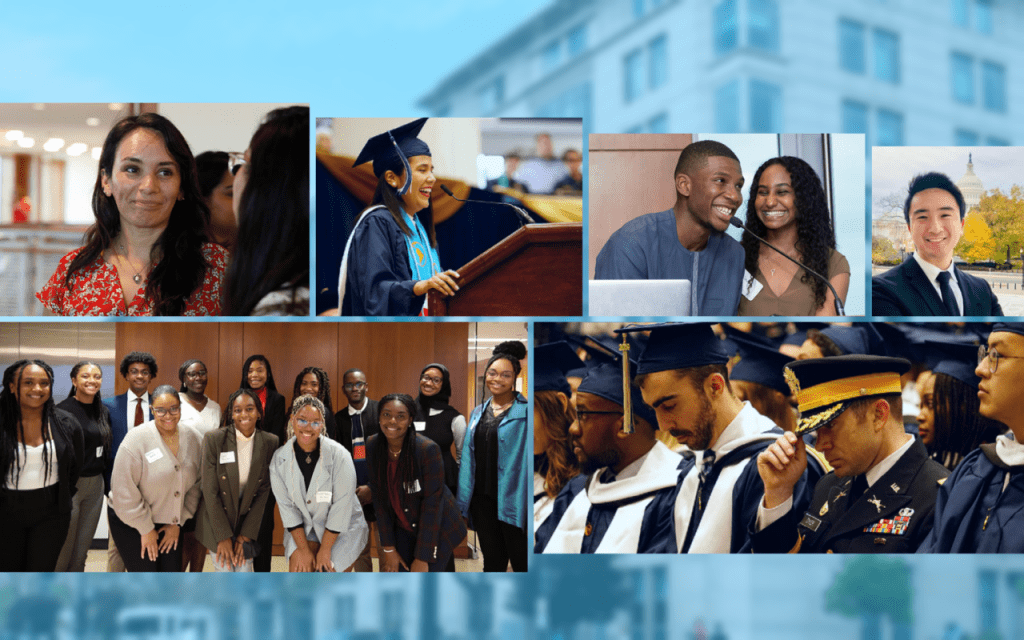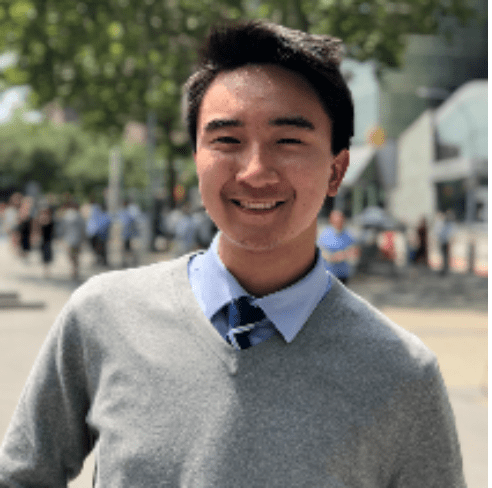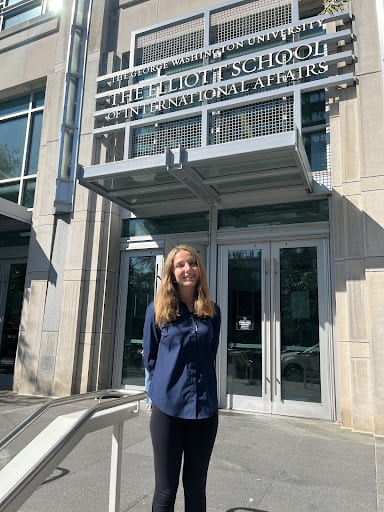
The Elliott school is honored to welcome in the new class of 2026 for the 2022-2023 academic year. With an incoming undergraduate class of just under 550 students and a graduate class of just over 250 students. We decided to catch up with a first year Elliott student Elise Bourmatnov to see how students are adjusting to life at GW.
What made you choose GW?
When I was making my college decision it was a question between staying in state or going all the way out to DC and in the end I chose GW mostly for academic reasons and for new opportunities. It was hard to choose to live so far away, but the city atmosphere was always exciting and there wasn’t a program that really catered to my interests in Seattle
What school were you in between?
I was in between the University of Washington and GW. I had two sisters that went there one just graduated with a public health degree and my other sister is a junior at the moment and she is studying psychology.
Are you interested in Greek life?
Yes, both of my sisters went through the greek system in Washington and I think interested in joining greek life here.
I’m pretty sure I want to join the panhellenic sororities. I don’t have a favorite yet but I’m interested to look into them and see which one I would like to be in, especially during formal recruitment in mid-January.
What’s your favorite thing you have done in DC so far?
I think the most exciting thing I have done was taking a White House tour. I actually had to contact my congressional representative about 3 months in advance to request the tour. I took a red eye here and went straight to the White House so it was pretty tiring, but it was really cool and I got lots of good photos.Also, going around Georgetown was super cute also there was a lot of shops and food, so that’s definitely some place you have to go if you are in DC
What’s the best food you have had here?
I have had the best food in Western Market. There is a shawarma spot I went to with my friends and it was super good. I had never tried it before and it was so delicious and at a good price too.
What’s on your bucket list?
If there are more opportunities for activism, demonstrations and that sort of stuff it would be really interesting to be a part of.
Do you have any favorite or interesting classes so far?
I think my education here has been general so far just doing history, economics, French, and international affairs. French is definitely a challenge because at my high school we did not have our classes instructed in the french language, but here class is entirely in French. There is a learning curve, but it’s making me improve a lot in French and especially in speaking.
I had also never taken an economics class before but so far it’s interesting. The math component is a nice break from the rest of my classes which are reading focused. Of course international affairs is the most interesting class because my professor Michael Brown is super passionate and engaging.
Anything that surprised you now living as a student at GW?
I definitely feel more connected with the city. While I was touring I thought that because I was on a college campus it would be very enclosed. However I actually feel I’m always leaving campus and finding new restaurants with new things to do. I love all of the beautiful architecture and monuments that have not gotten old yet.
What is the social scene like at GW in your opinion?
Some people say there are no parties at this school, however I have seen an article or two saying that this is a party school. In my experience it’s kinda in the middle, there’s definitely some night life but it’s not crazy. Because we are in the middle of the city there is a bit of a space limitation. I have signed up for George’s army and I am excited to watch basketball and other sports throughout the year.
What future goals do you have in Washington?
I currently have a federal work study job in the public affairs office of Elliot. I am still figuring out my concentration within international affairs at the moment so, I don’t quite know what internships I would like yet. I am considering a concentration in international development or international economics.

